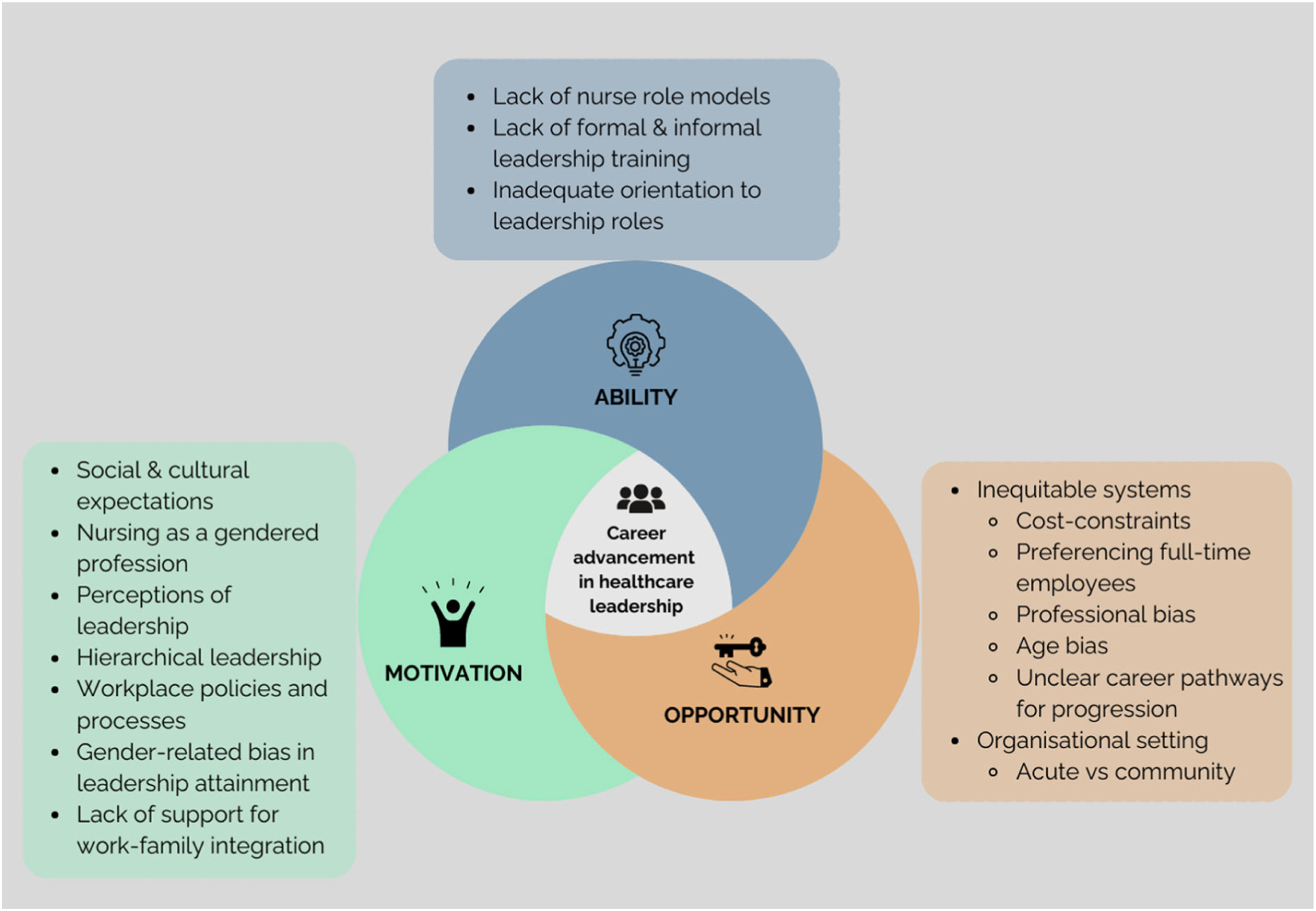One Earth, Volume 7, 16 February 2024
Nexus, Volume 1, Issue 1, March 2024
The integration of comprehensive digital twins in laboratory environments heralds a paradigm shift, enabling a level of automation and data management previously unattainable. This integration promises to enhance the efficiency and scope of self-driving laboratories and pave the way for creating a general “artificial intelligence (AI) scientist” with universal capabilities.
American Journal of Clinical Nutrition, Volume 119, February 2024
Current Developments in Nutrition, Volume 8, February 2024
One Earth, Volume 7, 19 January 2024
The Lancet Child and Adolescent Health, Volume , 2024
eClinicalMedicine, Volume 67, January 2024
The Lancet Psychiatry, Volume , 2024


